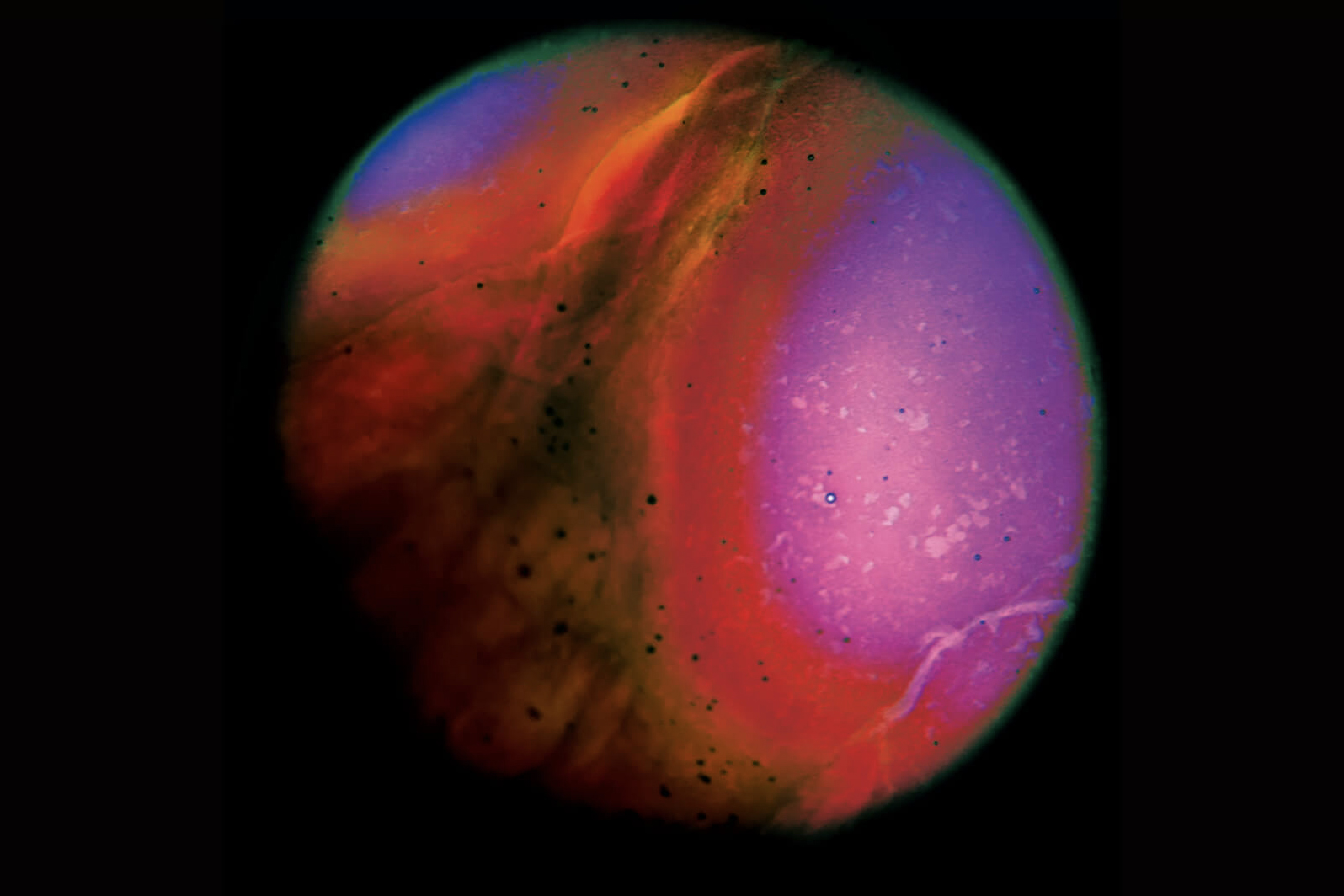M.M.A. -Massive Mesh Ambitions- Special Feature #02 Asahi Konuta / Ilya, “The Ghost of Relations – On Mechanized Desires” English version also available

A media project to speculate and discuss about GHOST IN THE SHELL “M.M.A. -Massive Mesh Ambitions-.”
The theme of ISSUE #02 is “Outlaw.”
M.M.A. -Massive Mesh Ambitions- Special Feature #02 Asahi Konuta / Ilya, “The Ghost of Relations – On Mechanized Desires” is now available in English.
The important point is not the desire but the arrangement of desires; not the shell of the brain but the wrinkles of the skin; and not the sexual dimorphism but the bond between cyborgs. By analyzing three relationships (Batou and the Tachikomas, Pazu and his ex, and Major Kusanagi and Batou), Asahi Konuta / Ilya explores queer intimacy within the world of Ghost in the Shell, in which “broadly, the primary developments are homosocial.” In doing so, Konuta makes brilliant use of Occam’s Razor to examine the concept of “sameness.”
Some theorists have reassessed sexuality from the perspective of “sameness” and celebrated the outlaw intimacy practiced by those living out impersonal narcissism. Notable among them is the late queer theorist Leo Bersani (1931-2022). Writing, “the self of the person loved is also the self of the one loving, and the loved one loves their self as it is loved, as the self of the one who loves,” Bersani rejects inclusion in any existing order as a premise of his thinking, putting forward a radically closed off and individual existence. Rather than persistently denying the isolation of the individual, Bersani brings up the idea of “depersonalization” at the extreme end of self-love and obliquely considers the potential of becoming “us” through this sameness. In this context, the world of Ghost in the Shell resonates with the conflicts of these inhuman Narcissuses living in the actual ”Stand Alone Complex.”
Accordingly, the important point is the “implausibility” of “relationship.” Rather than ignoring it, Konuta/Ilya’s continues exploring the potential of this implausibility—focusing on the instants where our “ghosts” dwell.

